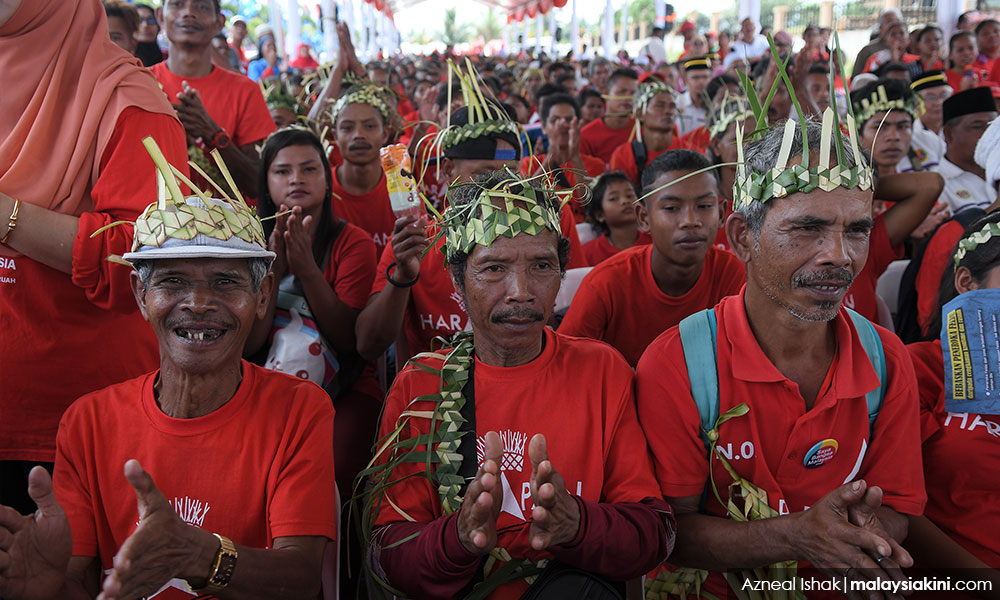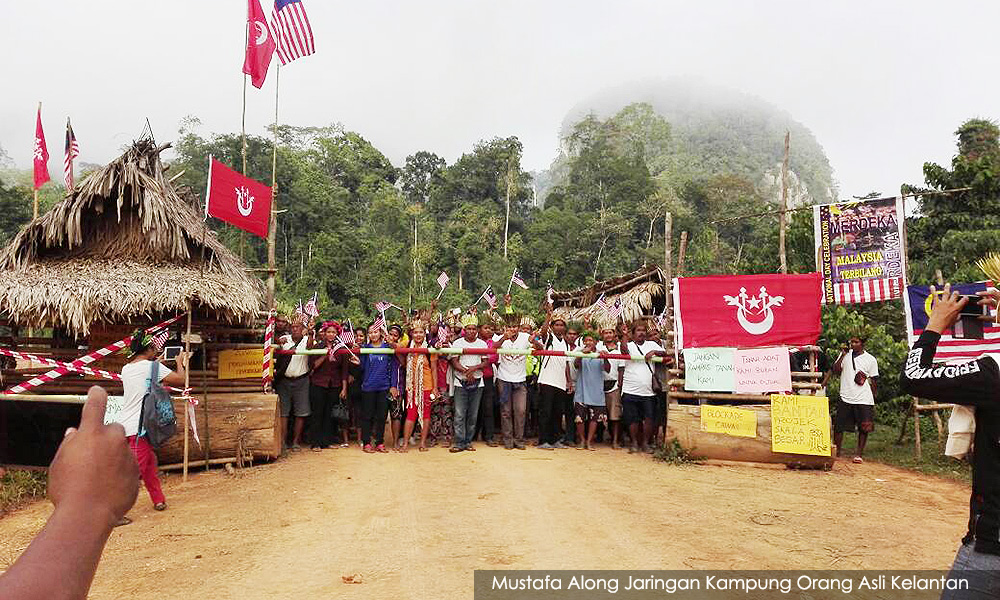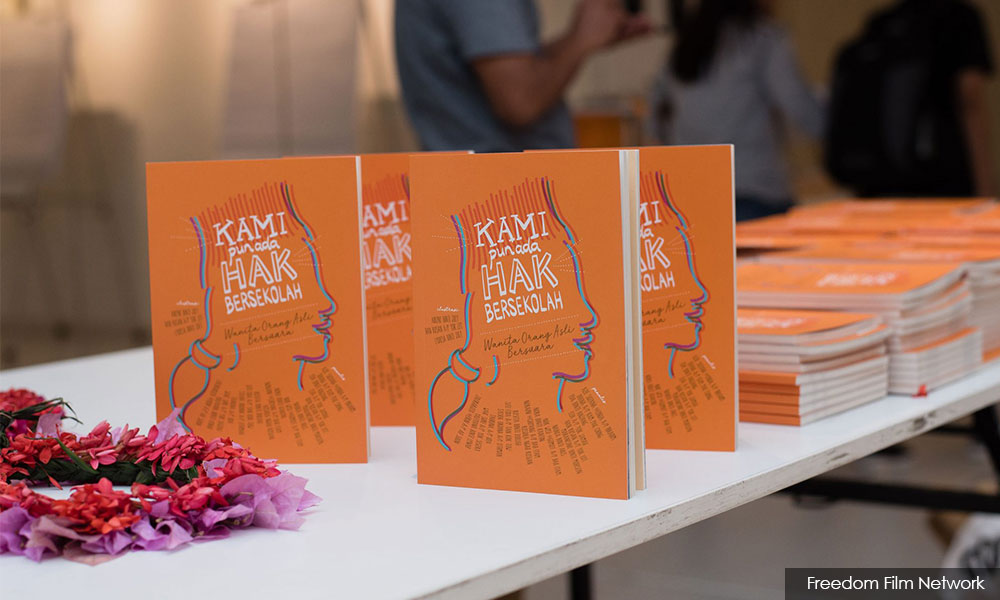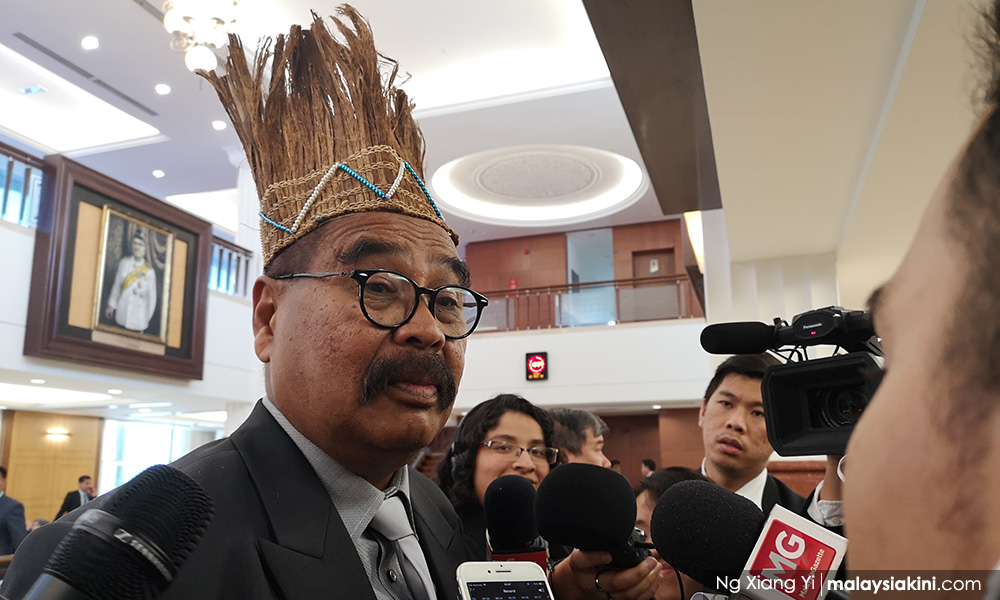
The news this past week has been all about our former prime minister’s trial. There’s a side serving of Pakatan’s third straight defeat in Rantau and Johor MB shenanigans via a near executive vs royalty face-off. By all accounts and the empirical evidence of our “most-read” algorithms, that’s what interests most of you.
I understand how it works. People generally take an interest in what affects them. In my previous newsroom, we saw that flash floods outside a large KL mall (without any casualties mind you) will get many more shares and likes than an academic treatise on global warming or the dissection of gender roles in Scandinavian countries.
I think what interests us depends on a sense of connection, be it geographical proximity or shared cultural roots. That might be why Malaysian Muslims identify closely with the Palestinian cause, while Malaysian Chinese care about Hong Kong-China relations and Malaysian Indians may be more affected by floods in Kerala.
Having said that, it beats me why so many are so emotional about those Lancashire towns that house Liverpool and Manchester United!
Seriously, whether or not one is more sensitive to inequity that either directly affects us or those we identify with was indicated to me when I twice had to explain to intelligent and experienced journalists that a disproportionate number of Malaysian deaths in custody occurred to Indian men.
“You don’t notice the injustice because it’s not happening to your kind,” I burst out undiplomatically to one of them, who was furious with the implication and countered that I was now viewing too many situations through a racial lens.
I maintained that most injustices did not have a racial angle, but that police brutality and related lock-up deaths were an exception and that this was reflected around the world against marginalised communities - from African-Americans to France’s Arab minority to Australia’s Aborigines.

That’s why I ask you, as a Malaysian, when you hear stories about a blockade of Temiar people in Gua Musang (above) trying to defend their land, or of the Penan in Sarawak who were displaced due to the construction of the Bakun Dam – why should we care? It’s a distant battle of people who are raging against the dying of the light, not to mention their culture, religious rituals, language and arts.
I say this as an urban fat-cat whose experience is not theirs. The truth is when I went to stay with the Semai in Kampung Kabang a decade ago, I was woefully out of place. I am actually quite a cowardly, squeamish sort. A vegetarian diabetic with a phobia of dirty toilets and flying cockroaches, the jungle life was not for me.
Yet, amidst the rustic serenity of a culture in harmony with its surroundings, with one foot in the past and another stepping cautiously into the present, it dawned on me what a horrible trade-off we were offering them. We were taking their land, sense of community and unique beliefs and practices, and replacing them with the chance to be part of our rat race. Starting at the bottom, no less.
Yes, it would be wrong to portray traditional life as wholly superior to ours. Certainly, we have longer life spans and better infant mortality numbers, etc. Yet we are the ones who are out of step with our environment, while they aren’t!
What I can say is that I left the Orang Asli village with the firm conviction that as someone with first world privilege and comforts, and the added fortune of being in the media, it was my duty to help raise awareness about the situations they face. I know that we all know the position that their community has occupied in our nation's history, but from time to time, we have to be reminded to do something.
In doing a story about minority Orang Asli languages facing extinction, I was humbled time and time again by how little we know about our neighbours. And how much they have to face just to get access to reading and writing materials.

To be honest, I teared up when reading "Kami Pun Ada Hak Bersekolah: Wanita Orang Asli Bersuara", the stories of 18 young girls desperate to study. There were those who needed a place in hostels to allow them to continue studying, but missed out. Those who wanted to be authors, but faced unbearable bullying in the hostels. Those who nearly gave up after being punished for the mistakes of others.
My education ‘misery’ was a middle-class Indian thing … I felt the pressure to be an engineer (with doctor, lawyer or accountant as acceptable alternatives). At some point, I wanted to run away from the responsibilities of being someone I didn’t want to be.
Activist Siti Kasim thinks we have got it all wrong. “Culture is a major part of the survival of indigenous peoples, and education an important measure in preserving those cultural characteristics.”
“Unfortunately,” Siti told me, “indigenous ways of knowing were often discounted and discredited as non-scientific because they were rooted in the story of the people, their language, culture, art, mythology and spirituality.
"Their traditional knowledge about sustainable living, medicines, farming and architecture that tribals store in their memories can also be documented for preservation and dissemination.
“We must preserve our vanishing tribes, their heritage, language and wisdom.”

Right now there is fleeting interest in the Orang Asli’s situation, probably due to the Cameron Highlands by-election and the first ever Orang Asli, Ramli Mohd Nor (above), being elected to Parliament.
As part of the campaign, a large national conference was called on World Earth Day. Usually, this sort of things fades, but it should not be something that we are going to let slip into the sunset.
As we push on with our concerns – such as building a stable multi-racial society that is poised for greater development, we cannot brush fellow Malaysians aside just because their voices are soft and distant.
As citizens of this country, as occupants of this planet, it’s our duty to advocate the causes of those who are the most vulnerable.
MARTIN VENGADESAN is a member of the Malaysiakini Team. - Mkini



No comments:
Post a Comment
Note: Only a member of this blog may post a comment.